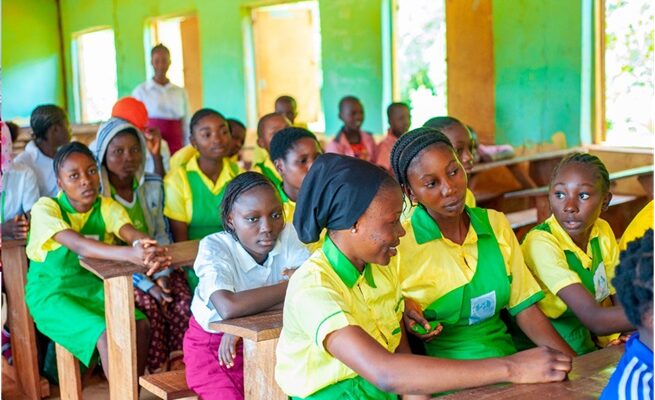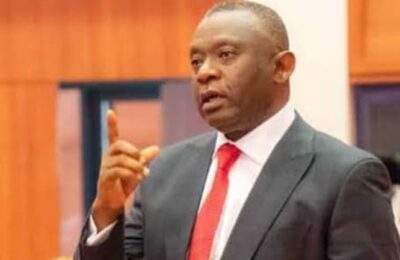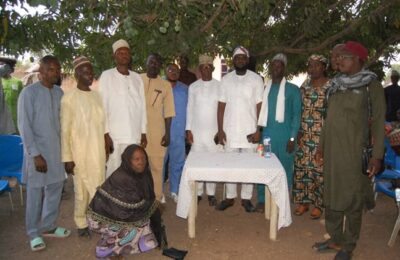In the sun-scorched outskirts of northern Nigeria, twelve-year-old Aisha trudges five kilometers each dawn to a crumbling classroom where the roof leaks and the chalkboard is barely legible. Her feet are calloused, her uniform torn, yet her resolve gleams brighter than the morning sun. “I want to be a nurse,” she whispers, her eyes fixed on a future few believe she deserves. “Even if I walk alone, I will go to school.” In that fragile voice lies an unyielding defiance — a rebellion against centuries of silence imposed upon girls like her.
Across Nigeria’s vast landscape, millions of girls wage a quiet war against forces that seek to keep them unlettered and unseen. Poverty, insurgency, early marriage, and archaic customs have conspired to cripple their dreams. According to UNICEF, over ten million Nigerian children remain out of school, and nearly sixty percent of them are girls. Yet, amidst the debris of inequality, their yearning for education burns like an ember that refuses to die. They are the unsung revolutionaries, carrying their futures on their backs like schoolbags full of hope.
“I had to hide my books under my wrapper,” confesses Hauwa, a sixteen-year-old from Zamfara who defied an arranged marriage to stay in school. “My uncle said girls shouldn’t go to school because they will end up in the kitchen. But I told him, education will feed more than the kitchen ever could.” Her audacity echoes beyond the dusty roads of her village — it resounds through generations of women who refuse to inherit ignorance.
Yet, danger lurks behind their bravery. The trauma of abductions in Chibok, Dapchi, and Kaduna still casts a pall over northern classrooms. Some schools remain deserted; others are guarded by soldiers. “Every time my daughter leaves for school, my heart stops,” admits Fatima, a mother of four in Borno. _“But if she stays home, what future will she have?” Her lament captures the dilemma of thousands — torn between the fear of violence and the hunger for light.
Amid this turmoil, a new consciousness is rising — one that blends faith, advocacy, and awakening. Reverend Samson Ayokunle, former President of the Christian Association of Nigeria, once declared, “Educating a girl is educating a nation; ignorance breeds both poverty and sin.” In striking resonance, Sheikh Ahmad Gumi added during a Kaduna symposium, “To deny the girl child education is to deny a community its soul.” When religion begins to speak the language of liberation, barriers start to crumble.
Government policies, though well-scripted, often collapse beneath the weight of corruption and inconsistency. In many rural areas, schools are nothing more than shells of neglect — no teachers, no books, no hope. Yet, initiatives like the World Bank–supported Adolescent Girls Initiative for Learning and Empowerment (AGILE) project are rewriting the narrative. “We are witnessing a gradual renaissance,” affirms Folake Adebisi, a teacher in Oyo State. “When one girl graduates in a village, ten more begin to dream. That is how revolutions are born — softly, silently, and steadily.”
But beyond numbers and programs lies a far greater truth — that education for girls is not charity, but justice; not privilege, but birthright. The destiny of Nigeria, bruised yet breathing, depends not on its oil reserves but on the brilliance of its daughters — those who walk through fear to find knowledge. As Chimamanda Ngozi Adichie once wrote, “We teach girls to shrink themselves, to make themselves smaller. But the world expands when she stands tall.” And across the dusty plains of Nigeria, girls are rising — unbroken, luminous, and unstoppable, their dreams no longer whispered but roared into history.
– Inah Boniface Ocholi writes from Ayah – Igalamela/Odolu LGA, Kogi state.
08152094428 (SMS Only)




